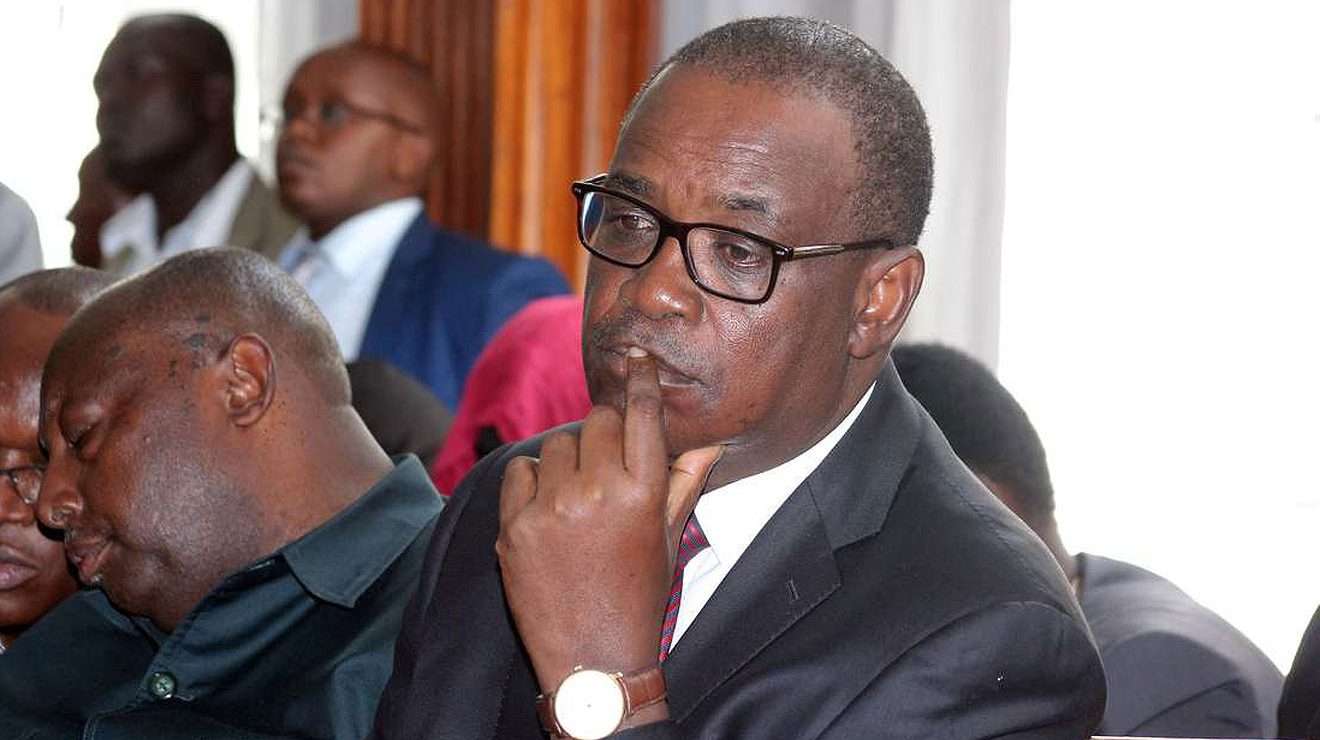By The Weekly Vision Team
Former Nairobi Governor Evans Kidero’s legal team suffered a huge blow after the Anti-Corruption and Economic Crimes Division of Nairobi High Court judge, E. N. Maina, on December 4, 2023, allowed a witness to produce extra documents.
The documents the witness sought to produce were a letter from the Ethics and Anti-Corruption Commission, an internal memo from the Director of Legal Affairs to the City Treasurer dated June 2, 2011, a payment voucher to Wachira Mwangi Mburu & Co. Advocates, a payment certificate issued by the City Council of Nairobi, a fee note allegedly issued by Wachira Mwangi Mburu & Co. Advocates, and a memo to the county secretary of Nairobi City County to the Chief Officer Finance & Economic Planning Director Affairs.
At the previous hearing of the corruption case where Kidero and his co-accused Nyakach MP Aduma Owuor, Paul Mutungi, George Wainaina, and 11 other suspects on September 21, 2023, the EACC called Karisa Iha, the Director of Legal Services for the City of Nairobi, between August 2012 and 2017.
MP Aduma had been charged with the offence of conspiring to defraud the Nairobi City county of Ksh 10 million three years ago. The corruption charge arises out of work he did for the defunct city council of Nairobi as director of legal services. It is alleged that he conferred a benefit of Ksh. 10 million paid in legal fees to Stephen Mburu (deceased), a partner with the law firm that represented City Hall in a case. According to the charge sheet, the offence is said to have been committed between June 3 and 10, 2011.
However, when the witness attempted to produce certain documents, Julie Soweto, Counsel for Mr Kidero, strongly objected to the production of those documents by the witness on the grounds that he was not the one who supplied them to EACC and no basis had been laid for not availing the officer who supplied the same.
The EACC, however, maintained that there is no dispute that the witness was at all times material to this case as an officer of the City Council of Nairobi. It is also not in dispute that he became seized of this matter by virtue of having taken over office from the previous Director of Legal Services, during whose tenure the matter in issue had arisen.
The judge noted that the office to which the EACC’s letter requesting documents was sent is an office with perpetual succession, meaning it does not end with the previous holder. The witness was a public officer as defined in Section 2 of the Evidence Act, and it is not disputed that he was at the time the holder of the Office of Director Legal Services, which office was the custodian of such documents as were requested by the EACC. The judgment reads, “I therefore find that he is competent to produce the documents, and I do so, order accordingly.”





